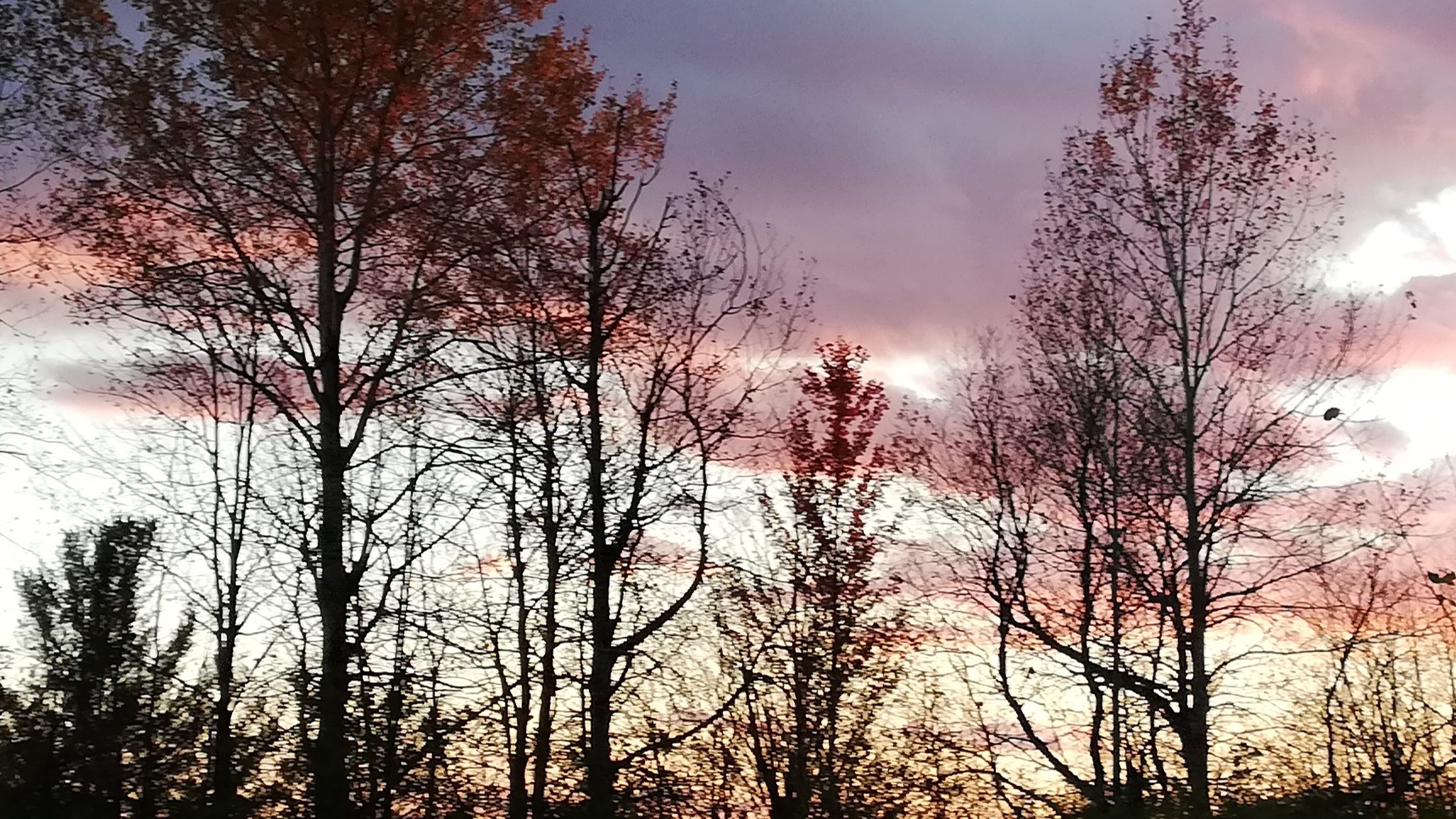
Much has been written about the disenchantment of the modern world, usually dated (in Europe at least) anywhere between the Enlightenment and the advent of the industrial society, if not much earlier. An unshakeable faith in the mind’s ability to understand everything, to control and master everything, to reach to the heart of the sacred and unveil the mysteries of life so that they are no longer mysterious but mere ‘facts’: this did not leave much space for idle rêveries, for fantasy, for heartfelt imaginative journeys that would take us away from the world as we know and understand it. No place for magic in a world where the greatest aspiration is to explain – rationally, empirically – every phenomenon that occurs in every living organism.
Of course, the mind’s ability to decipher the codes and laws of nature is immensely admirable, and has led to many wonders we would never have thought possible to achieve in the past – although we dreamed of such achievements. But what of the heart’s ability to infuse life with colour, with sound, with warmth, with vibrancy and majesty? What of the heart’s ability to not only calm the mind but also to transform what surrounds us – the atmosphere in the room, the other people’s own emotional states?
The heart’s greatest power is to infuse magic into one’s mind, one’s being, one’s life. Magic is about relating to life through imagination – not constructing (mentally) an imaginary scenario for the sake of it, but allowing one’s passion, one’s emotions and longings to guide the mind and craft their own story, their own world. This world, this story is one which has deep meaning for us, whether we know this or not. It speaks to and speaks of the soul’s needs. When we allow ourselves to be taken to an imaginary, magical world – whatever it is, as long as it is truly coming from our own heart as opposed to being imposed by someone or something else – we become much closer to our self and our full potential.
Imagination is often thought of as something originating in the mind; for sure, we can imagine things in our head, we can create models, generate pictures and scenarios drawing upon the great repository of images and ‘facts’ we hold in our brain. But that is not magic. Magic is imagination that comes from the heart: it is one that we do not mindfully control but instead taste and savour wholeheartedly. Magic can sweep us off our feet and make us explore the hidden corners of our being – the brightest and darkest, and all the shades in between. Doing so, it transforms our sense of ourselves, and our view of the world ‘as is’. We can see more, we can relate to more than before. We can care for and love our unique self more deeply, and therefore open ourselves to more care and love for those around us. As Thomas Moore (1997) notes, the point is not to take imagination and magic literally, but instead to take them seriously. Magic and imagination of the heart are what sets the rhythms of life; without magic, the sound beat slowly turns mute, leaving just an empty silence.
When was the last time you allowed yourself to attune to the magic in you and around you?
What did it open? What did it reveal? How did it feel?
How do you nurture magic in your life at present?
**Moore, T. (1997). The Re-enchantment of everyday life. New York, NY: HarperPerennial.

